Professional Visibility with Emily Bazalgette
I'm excited to share this series on Professional Visibility with you. I want to help you overcome cultural, social and gender-related barriers to being visible. Talking about yourself and your work is a skill and I want to shine a light on the multitude of ways women do this. I hope I can provide you with role models you can mimic and learn from. Over time, I hope that you will find a way of being visible that feels true and powerful to you. This work is one way I'm learning how to do that for myself.
Next up, is the amazing Emily Bazalgette. Emily is an organisational designer who helps social impact organisations be more user-centred and better places to work.
Why are you intentionally visible?
I’m a freelancer. I need potential clients to know I exist otherwise I won’t earn money, which is a strong incentive to be visible. Organisational design (as I practice it) is an emerging discipline in the context of government and not-for-profits, so if I want to work, I have to grow the market, which means talking about what I do and making the case for why organisations need people like me. I also have a chronic illness. One in five people in the UK have a disability, and many of us have invisible illnesses, like ME/CFS. Workplaces aren’t designed for us, I want more employers and teams to design their environments and working habits to be inclusive. And, by being more visible about my illness, I’ve met some incredible people experiencing similar issues, which makes me feel supported and less alone.
HOW are you visible?
I use Twitter and Instagram to talk about my work, ask for help from the community and talk about the realities of working with chronic illness. I also read super widely (I work part-time and don’t have caring responsibilities so I am time-privileged): design, organisational development and change, politics, society, environment and relationships, and I share articles that might resonate with my network via Twitter. I also speak at conferences, and if I’m not speaking, I share my reflections on Twitter. I’ve had feedback from a few people that they appreciate these roles I play.
What is your one piece of advice to people reading this who want to be more visible?
My first reaction when Lauren asked me to contribute to this piece: “I only have 2,000 Twitter followers, I don’t write clever blogs about design, I don’t keynote conferences, so I’m not visible! What if people think I’m big-headed when I say that I’m visible? Other people are much more visible than me, perhaps Lauren should talk to them instead?”
I don’t think I’m alone in having these feelings about professional visibility. My one piece of advice: you don’t have to write or share “genius” original thought. I’m inspired by Laetitia Vitaud, who writes about overcoming imposter syndrome about originality:
I’m working hard to overcome this hurdle. I’ve found this quote very helpful;
“Everything that needs to be said has already been said. But since no one was listening, everything must be said again.”
I also read this in Austin Kleon’s Steal Like an Artist:
“Nothing is original, so embrace influence, school yourself through the work of others, remix and reimagine to discover your own path.”
I’ve found that idea to be truly liberating. What’s interesting is not ideas per se, but the way you combine them in your own unique way. You need to learn to accept the idea of taking up some space and interacting with others.
Who is your visibility role model?
Sian Murray Huynh is a Strategic Lead working in design and digital, who also has ME/CFS. I love Sian’s inspiring weekly #TweetNotes which cover her amazing work at Citizens Advice, as well as the realities of working and raising children when you have ME/CFS. I admire her ability to be vulnerable, and how she’s taken the format of week notes and iterated them to work for her.
You can read the other interviews here:
For more content like this sign up to UPFRONT’s newsletter


